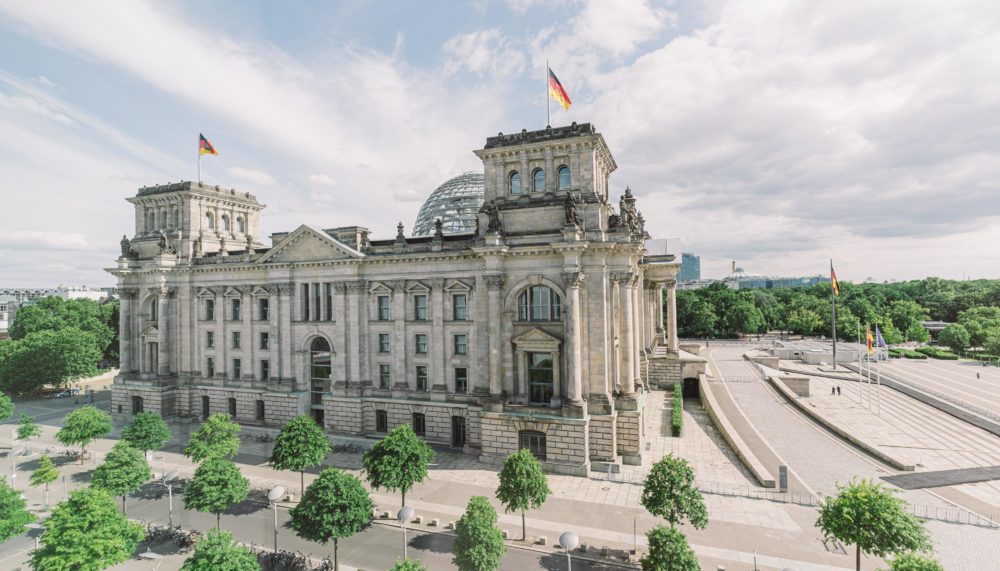FEATURE | 29 Nov 2021
Recommendations to the new German government
Germany's foreign policy needs a binding peace policy frame of reference

Concrete recommendations for the foreign and security policy of the new German government, summarised by the Berghof Foundation and the European University Viadrina.
On August 25, 2021, at the invitation of the Berghof Foundation and the European University Viadrina, key actors from the field of crisis mediation and peace mediation, including from the Federal Foreign Office, the EU, the UN, academia, and civil society, met in Berlin for a confidential roundtable. The exchange of experts took place in light of the military and security policy failure in Afghanistan, but extended thematically far beyond this context. The aim was to identify patterns and strategic gaps in state and multilateral mediation approaches in contemporary crises and to identify the potential for a clearly defined, stronger role for Germany in international peace mediation.
Despite the diversity of perspectives, there was consensus among the participants that a binding peace policy strategy is an indispensable prerequisite for effective action, in order to defuse international crises. Peace mediation as an instrument of an effective and coherent foreign policy strategy requires a clearly defined, politically and socially broadly supported framework that legitimises Germany's role in crises and conflicts. This requires a fundamental political clarification and strategic orientation, going beyond peace mediation, where security and peace policy roles and instruments best represent the values, norms and interests in different conflict contexts. An overall security and peace policy architecture that provides practical orientation for German engagement depends on several prerequisites:
Open DEBATES and a binding FRAMEWORK on German peace policy are needed:
(1) After the failure in Afghanistan (and the hesitant role in other contexts), there needs to be a broad political and societal understanding of what peace and security policy Germany should stand for and be legitimised for.
(2) If the existing "White Paper on Security Policy" remains the normative reference work, it should be supplemented by an equivalent, intelligently interlinked "White Paper on Peace Policy”. An interdepartmental overall strategy (for instance, in the form of a "National Security Strategy") should also provide a binding framework for peace policy instruments.
A clear STRATEGIC ORIENTATION for the following objectives is required in particular on:
(3) Germany's future willingness to take risks and invest (in terms of time/finance/policy), also with a view to less visible but conflict-preventive commitments;
(4) longer-term peacebuilding objectives and commitments, which should be coordinated multilaterally (with partners such as the UN, EU, OSCE and allied states);
(5) the question of which civilian instruments are preferentially used with which goals and in which combination (development cooperation, peace mediation, sanctions), and how military approaches and actors can interact optimally with those of peace policy;
(6) an efficient translation of the "networked approach" into operational interfaces and cooperative processes between the Federal Foreign Office, the Federal Ministry for Economic Cooperation and Development, the Federal Ministry of Defense and (especially) the Federal Chancellery in crisis response.
Concrete POLICY STEPS are needed for:
(7) the establishment of crisis response bodies with broad political support and enabling rapid, concerted action, building on a cross-party common denominator and enabling jointly coordinated action by the various ministries;
(8) a consensus created in social and political discourse that is resilient in an emergency regarding the German approach and role, equally inspired and limited by Germany's identity and history (along with the resulting responsibility).
Media contact
You can reach the press team at:
+49 (0) 177 7052758
email hidden; JavaScript is required


